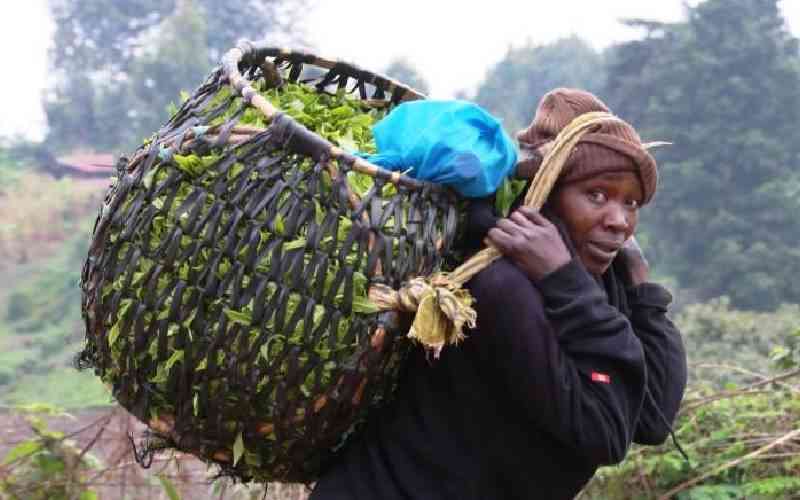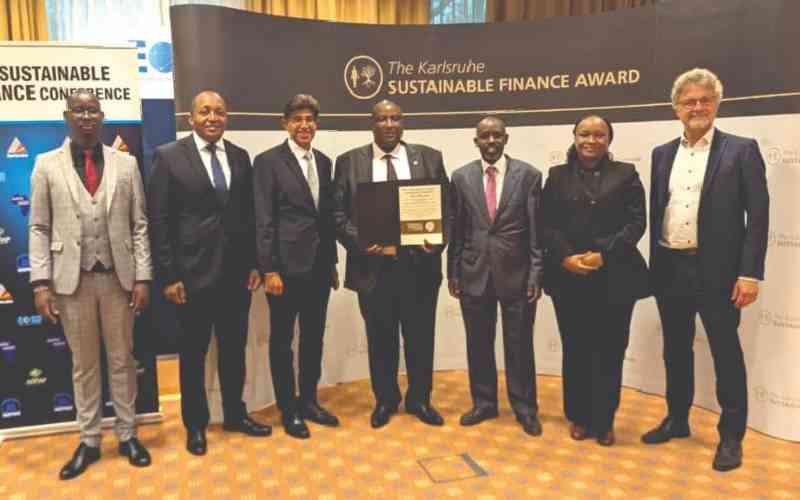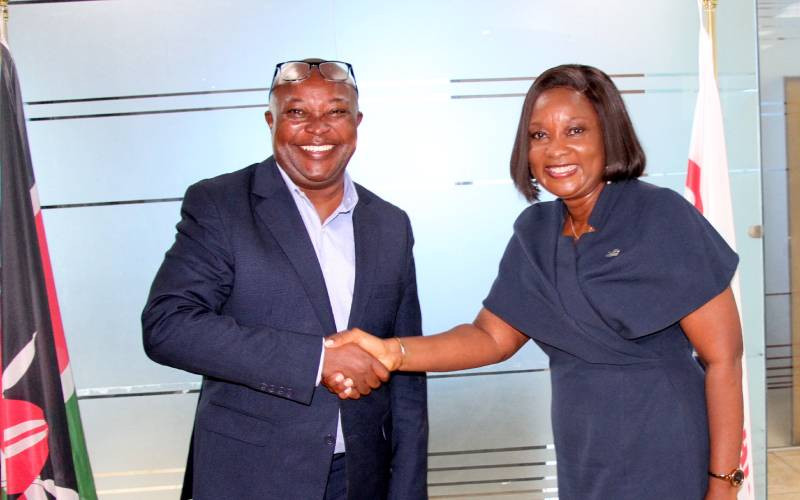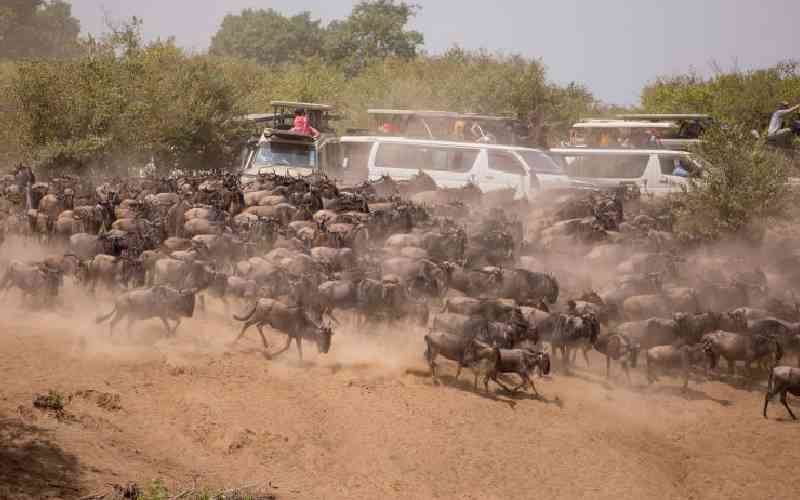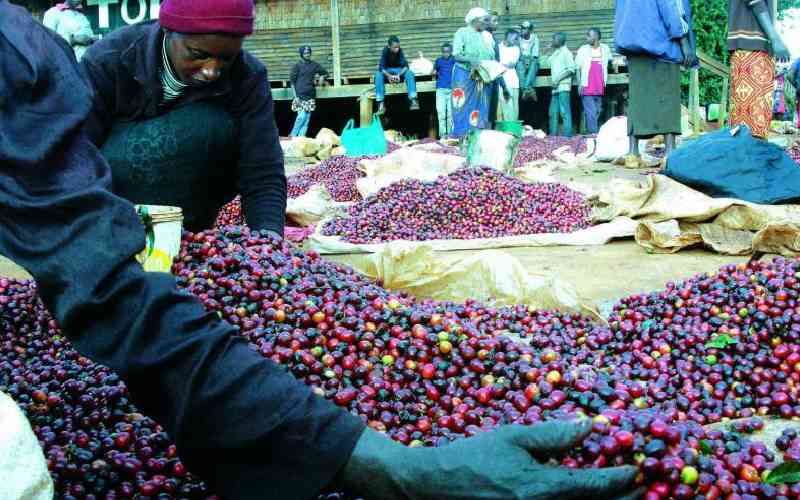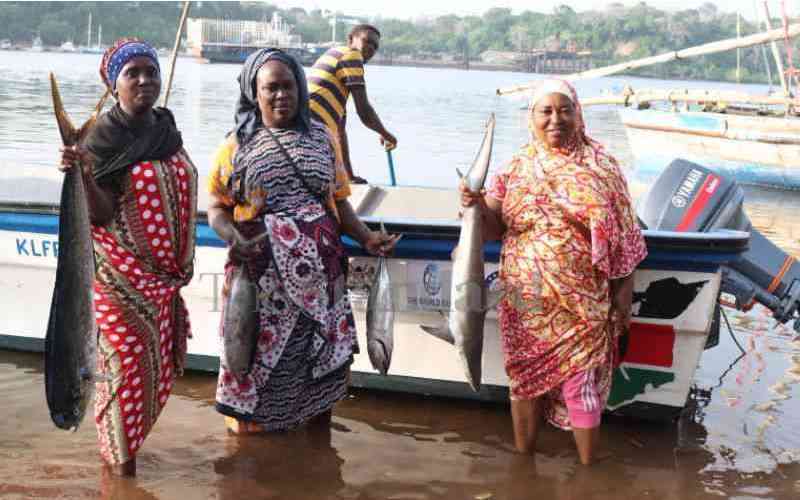
The European Union has asked Kenya to utilise the existing duty-free and quota-free trade agreement that allows Kenya to export fish to its market.
EU Ambassador Henriette Geiger said that Kenya should not import but export fish given its strong export pathways to Europe.
“Kenya also has a strong export pathway. Under our trade agreement, Kenya can export fresh fish to the EU duty-free and quota-free,” said Geiger.
Geiger spoke during the Blue Economy Innovation and Investment Summit 2025 in Mombasa County, an annual conference organised by Sote Hub.
The event gathered innovators and investors from across the continent, and many startups secured capital through matchmaking.
The Ambassador said the EU is one of the world’s largest markets for fresh fish, and demand is strong and growing.
She said it was striking that Kenya still imports fish despite having the ocean, the ideas, and the energy.
The Ambassador said that Kenya should also capitalise on aquaculture to meet the demand of tourists who want local seafood.
“Fishing matters, but it is only one piece. Kenya should not need to import fish. Aquaculture can thrive here. Tourism is rising, and visitors want local seafood. The opportunity is clear,” said Geiger.
She said that the EU provided Coast Guard search and rescue vessels, now operating in places like Lamu and Mombasa to save lives at sea.
She said the EU supported fishing boats and helped coastal communities build skills in the blue economy.
Geiger said the EU’s early investment in Kenya’s blue economy has given rise to successful innovative companies that have employed the youths and local communities.
She said that the EU believes in the blue economy and has put money, effort, and partnership behind that belief.
“What we see today is the offspring of the European Union’s early investment in Kenya’s blue economy. Through the Go Blue programme, many initiatives took root. Zotera is one of them, and its tenth anniversary fills me with pride,” said Geiger.
Stay informed. Subscribe to our newsletter
“Over the years, I have watched new companies launch, grow independent, and become profitable. That is the best outcome any donor can hope for,” she continued.
Geiger said the EU funded Kenya’s blue economy strategy to help build a regulatory environment that nurtures investment and innovation.
She said policy and enterprise must reinforce each other, which is the reason why the EU supported Blue Invest Africa in Diani last year.
“This year, the conference will be in Lomé, Togo, on 15 and 16 October. Eight Kenyan startups will pitch there. I hope they return with strong commitments that fuel their growth,” said Geiger.
She noted that the blue economy spans many sectors that connect directly to climate and environmental goals.
Geiger said the six coastal counties can now take what Go Blue started and scale it. She said that although donors can plant seeds, governments and communities must grow them.
“I urge county governments to champion the blue economy and build on the results achieved along the coast. Remember, the blue economy also includes inland waters. Kenya’s strategy should integrate lakes and rivers, not just the ocean,” said Geiger.
She said under SDG 14, life below water is far off track, and the EU committed Sh152 billion to protect life under the sea at the recent ocean conference in Nice.
She said the EU is also pushing for a legally binding global plastics agreement.
“Our seas are drowning in plastic. Massive floating carpets of waste already scar the oceans. If we do not reduce plastic use and plastic waste, we cannot achieve ocean sustainability,” said Geiger.
She said that regionally, the EU has launched the Sustainable Western Indian Ocean Program, valued at Sh8.8 billion, which Kenya is part of.
“The opportunities are many, and the potential is vast. Kenya is a young country, with an average age of 19. Jobs must come from somewhere. The blue economy can create those jobs, especially here at the coast,” said Geiger.

